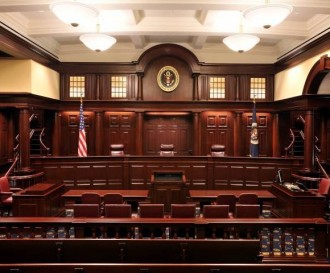
September 4, 2018
Doing New and Useful Things Still Isn’t Enough to Meet 35 USC §101
In BSG Tech LLC v. Buyseasons, Inc., [2017-1980] (August 15, 2018), the Federal Circuit affirmed the dismissal of an action for infringement of U.S. Patent Nos. 6,035,294, 6,243,699, and 6,195,652, directed to a “self-evolving generic index” for organizing information stored in a database, as being directed to ineligible under 35 USC §101.
The Federal Circuit agreed with the district court that the asserted claims were directed to the abstract idea of considering historical usage information while inputting data. The claims’ “focus” is guiding database users by presenting summary comparison information to users before they input data. This is not a method “necessarily rooted in computer technology in order to overcome a problem specifically arising in the realm of” wide access databases. It amounts to having users consider previous item descriptions before they describe items to achieve more consistent item descriptions. Whether labeled as a fundamental, long-prevalent practice or a well-established method of organizing activity, this qualifies as an abstract idea.
The Federal Circuit rejected BSG’s arguments for patentability. First, BSG Tech argued that the claims require a specific database structure. Claims are not saved from abstraction, however, merely because they recite components more specific than a generic computer.
Second, BSG Tech argued that the claims are not directed to an abstract idea because they require users to specifically consider “summary comparison usage information” rather than any type of historical usage information. This was also not persuasive, though, because of the broad meaning of “summary comparison.”
Third, BSG Tech insists that its claims focus on a non-abstract improvement in database functionality. Ultimately the Federal Circuit found that these benefits, however, are not improvements to database functionality.
Having determined that the claims are directed to an abstract idea, the Federal Circuit proceeded on to step 2 of the Alice analysis, where it found that the only alleged unconventional feature of the claims is the requirement that users are guided by summary comparison usage information or relative historical usage information — which simply restates what had already been determined was an abstract idea.
The Federal Circuit affirmed the district court’s grant of summary judgment that all asserted claims on appeal are ineligible under § 101.



































